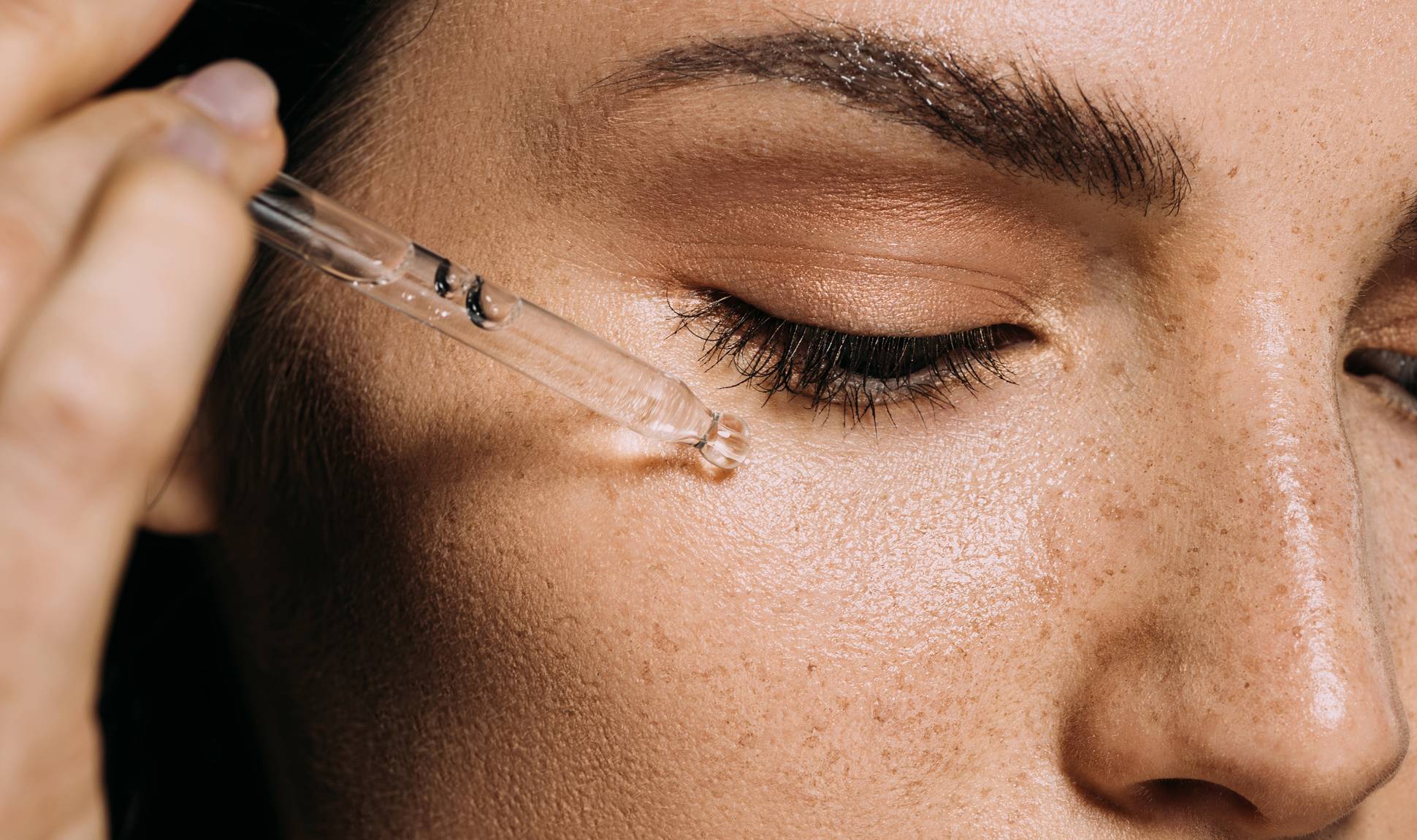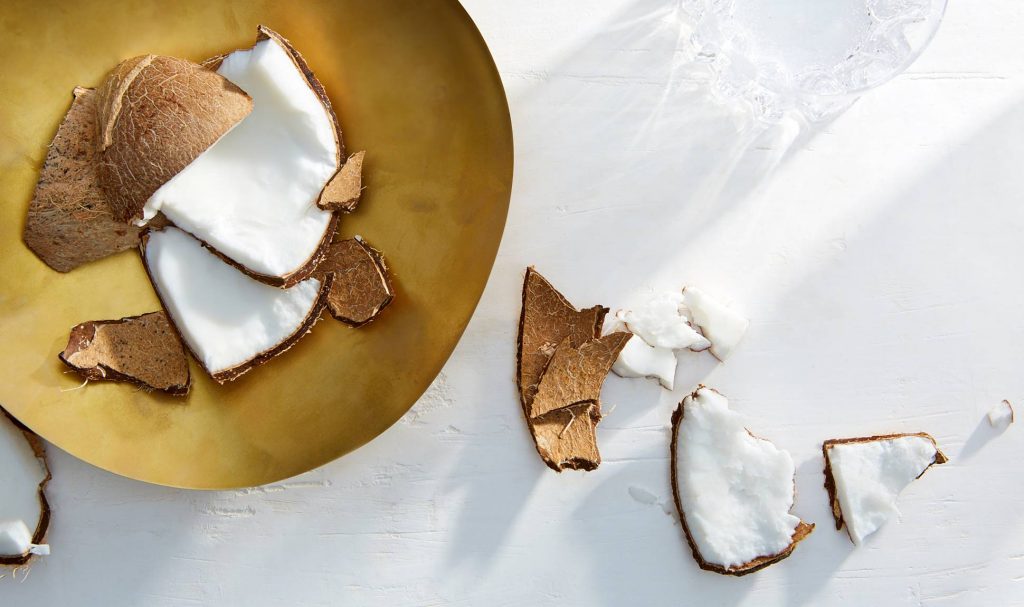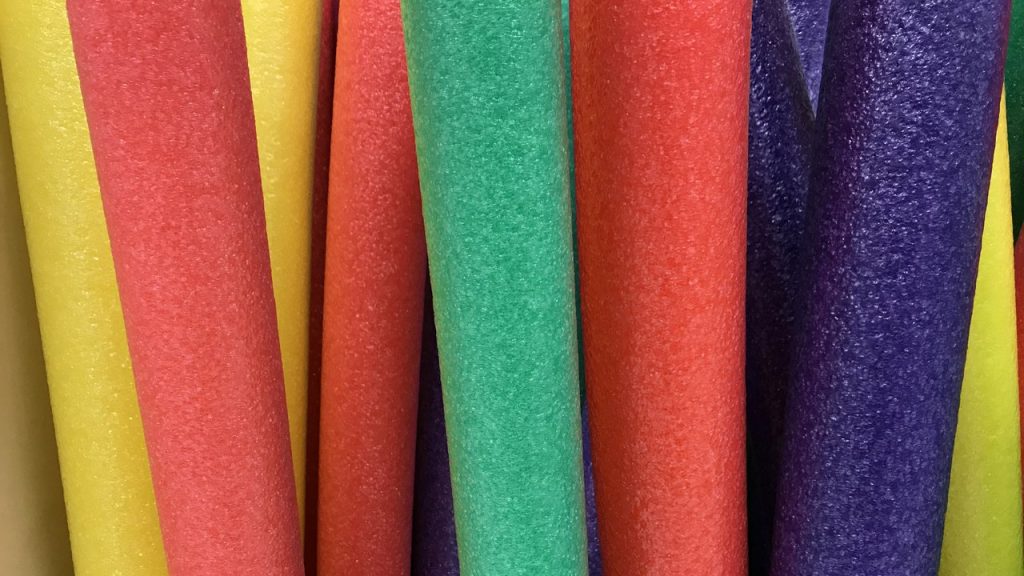Exfoliating has evolved over the years — remember those tiny plastic balls we used to rub on our face every night? — but it remains an essential step for a brighter, more even-looking skin tone. Now that you know better than to aggressively scrub the skin on your face with not-so-eco-friendly microbeads, you’ve probably begun to dabble in the world of chemical exfoliators. These products help remove built-up dead skin cells from the skin’s surface through potent ingredients — no rubbing required — to reveal a more radiant complexion.
AHAs, or alpha-hydroxy acids, BHAs, beta-hydroxy acids, and lipohydroxy acid are all common types of chemical exfoliants. On packaging these ingredients often appear as glycolic acid and lactic acid — two AHAs — and salicylic acid, a BHA. If you’re stumped by which one is right for your skin type, read on. We tapped board-certified dermatologist and chief medical officer at Sanova Dermatology, Ted Lain, MD, to get his expert opinion on what chemical exfoliator you should choose whether your skin is oily, dry or a combination of the two.
IF YOU HAVE OILY SKIN:
“Oily skin can tolerate more aggressive exfoliation, utilizing either alpha-hydroxy or beta-hydroxy acids,” says Dr. Lain. “Glycolic and salicylic acids are the two most common ingredients in these products.” To avoid over-exfoliation, Dr. Lain cautions against using a physical exfoliator with rough particles in tandem with these stronger acids.
IF YOU HAVE DRY SKIN:
For people with dry skin, Dr. Lain recommends lactic acid for its ability to hydrate, in addition to exfoliate gently. “Not only does lactic acid help to remove dead skin cells, it also acts as a humectant to draw water into the skin and improve the dryness,” he says.
IF YOU HAVE COMBINATION OR SENSITIVE SKIN:
Combination skin is more susceptible to sensitivity and irritation when exfoliating, so it’s important to pay attention to how your skin reacts. “Combination skin is tricky,” says Dr. Lain. “I like lipohydroxy acid cleansers for this skin type because this acid works gently and slowly. This ingredient also works for those with sensitive skin, though the appearance of redness, rough texture or itching are signs to reduce the frequency of its use.”




